When the word Accounting comes into mind, we all have a particular definition that describes it as a profession that requires precision, attention to detail, and a knack for numbers. It’s no wonder that many famous people have pursued accounting as a career path. Some of the most surprising names on the list will blow your mind: who studied accounting before pursuing their respective careers as musicians, actors, and writers.
Mick Jagger

Rolling Stones need no introduction, so Mick Jagger the famous English singer, songwriter, actor, and dancer. The American pop industry is growing with “Moves Like Jagger” and making strides in the entertainment industry.
Mick Jagger has been full of surprises; the famous singer, born in Dartford, England, having the full name “Sir Michael Philip Jagger”, wanted to pursue his career in Accounting. Imagine the debits and credits, IRS tax filings, and the CPA named Mick Jagger.
Before he hit the Hall of Fame, the famous Mick Jagger was a student of Finance and Accounting at the London School of Economics. His life’s calling for a career in music and his love for groovy numbers made him abandon his studies to focus his career on music.
Janet Jackson

Talking about the Music Industry, how can anyone forget Janet Jackson, one of the best American singer, songwriter, actress, and dancer of her time. Who succeeded in influencing people by addressing social issues with her music and public persona.
She is known for her chart-topping hits and electrifying performances, which run in the family. Janet Jackson belonged to the Jackson family and shared a great relationship with our very own favorite, Michael Jackson. Janet Jackson was Michael Jackson’s sister and the tenth youngest member of the Jackson family.
Janet made her name in Pop and R&B music when she debuted at the MGM Grand. She is one of the most successful and influential pop icons of all time.
But even only a few of her fans know that Janet Jackson initially chose education over stardom. Janet studied accounting and had plans to become an accountant. She has been quoted saying,
“If I wasn’t a singer, I’d probably be an accountant.”
It is believed that Janet’s accounting background may have helped her manage her finances and make informed decisions throughout her career. While Janet’s accounting career never took off, her music career certainly did. She has produced a string of platinum-selling albums and won five Grammys. Her music has inspired and entertained millions of people worldwide.
John Grisham

Now this well-known celebrity will peak the interest of any readers who are into reading books and novels. Taking third place in our list is John Grisham, the famous author of the novel “The Firm.”
Why do most of the protagonists of John Grisham’s novels were accountants?
Grisham was born in Jonesboro, Arkansas, and initially, he planned to become a tax lawyer. He studied accounting at Mississippi State University, which served as the foundation for his incredible career as a writer. Grisham initially worked as a lawyer before he started writing.
His career took an impressive turn as his legal background helped create a career in writing. He was well known for crafting gripping plots and realistic characters in his novels.
Although Grisham’s career is not directly related to accounting, his accounting background may have helped him manage his finances and also in crafting his novels. In fact, his knowledge of accounting plays a crucial role in the plot of The Firm. The protagonist, Mitch McDeere, is himself an accountant and a tax lawyer, and the book portrays the inner workings of the law firm and the tax law cases that the characters handle.
Bob Newhart
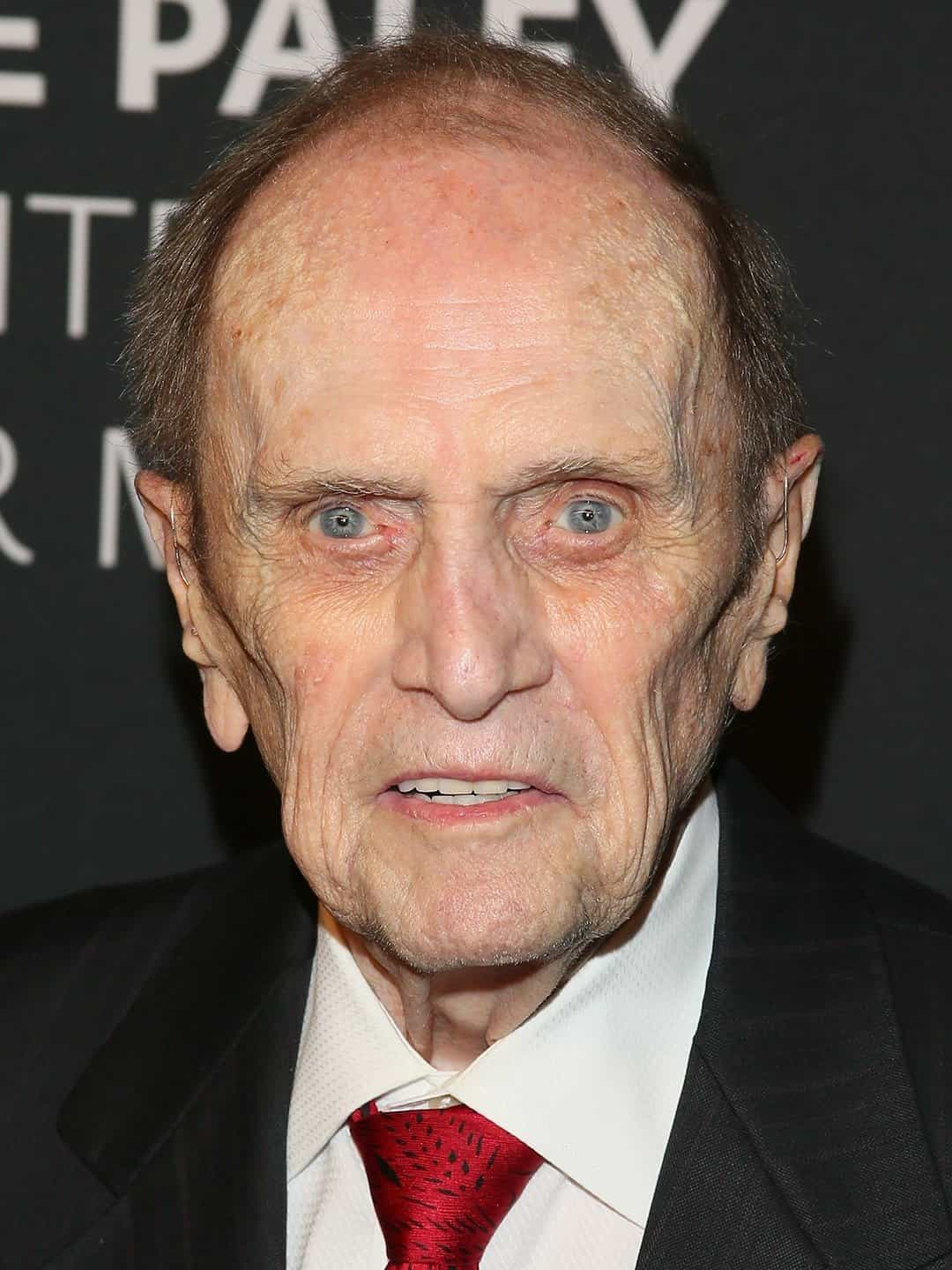
One of the most unexpected names that has been added to this list. Filled with humor and laughs, he is a man who people will most probably believe has nothing to do with a profession like accounting Bob Newhart.
Bob Newhart has won several awards throughout his illustrious career in entertainment. He has won three Grammy Awards, a Golden Globe Award and an Emmy Award. He was also honored with the Mark Twain Prize for American Humor in 2002.
He is an American comedian and actor born in Illinois. He began his career in comedy by performing routines in small clubs in Chicago. Bob Newhart achieved his stardom when his first album, “The Button-Down Mind of Bob Newhart,” was released in 1960 and soon became the first comedy album to reach number one on the Billboard charts.
After his record-breaking success, Bob Newhart went on to star in several successful television shows and movies, including “The Bob Newhart Show” and “Elf.” But before choosing his career as a comedian, Newhart studied management and accounting at Loyola University in Chicago. After serving in the U.S. Army during the Korean War, he worked as an accountant for about two years before shifting to work as a copywriter.
His accounting penchant has been equally humorous as his career in comedy. His accounting career could have been more-lived and undistinguished. According to his admission, he was a terrible accountant and developed a penchant for adjusting petty cash imbalances with his own money.
Arthur Blank

Arthur Morris Blank was born on September 27, 1942, in Queens, New YorkCity is a well-known American businessman, philanthropist, and sports team owner. It is said that Blanks’s current net worth is $1.3 billion, making him one of the wealthiest ex-accountant celebs in history.
Graduating from the Babson Institute in 1963, Blank worked as a senior accountant at Arthur Young and Company in his early days. Later, he joined the Daylin Corporation, where he rose to become president of Elliott’s Drug Stores/Stripe Discount Stores, a division of Daylin.
In 1978, Blank co-founded The Home Depot with Bernard Marcus. Today, Blank is the Chairman of AMB Group LLC, the parent company of the Atlanta Falcons and Atlanta United. In March 2020, Arthur Blank’s foundation pledged to donate almost $5.4 million to support the coronavirus pandemic response in Georgia and Montana.
Walter Diemer
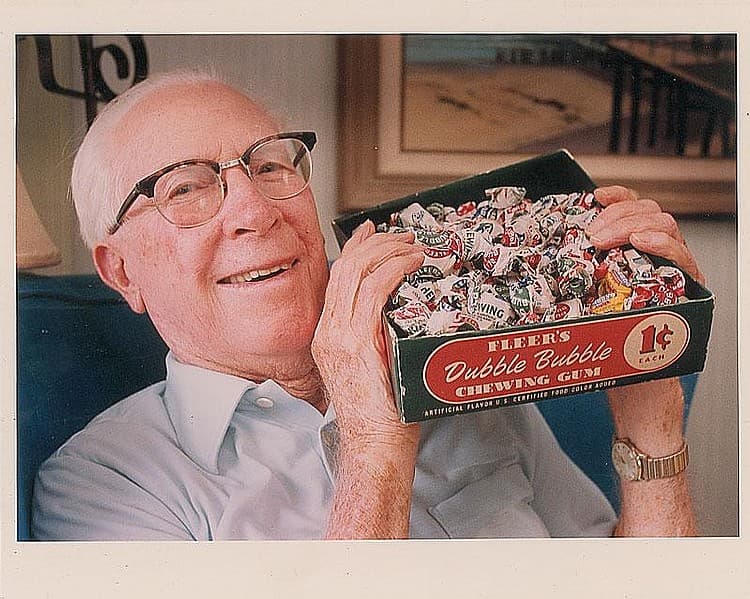
Everyone loves Bubble gum, and very few people will disagree, right? Meet Walter E. Diemer, an American accountant who, in 1928, invented the Bubble gum.
Born and raised in Philadelphia, Pennsylvania, Walter Diemer was working as an accountant at Fleer in 1926 when the company president sought to cut costs by making their gum base. Although an accountant by profession, Diemer developed a taste for experimenting with gum recipes in his spare time.
In doing so, he accidentally stumbled upon a unique recipe that was less sticky, would not stick to the face, and yet stretched more easily and edible. Diemer saw the possibilities and, using a saltwater taffy wrapping machine, wrapped one hundred pieces of his creation to test market in a local mom-and-pop candy store.
Priced at one penny a piece, the gum sold out in one day. Fleer began marketing the new gum as “Dubble Bubble,” and Diemer himself taught salesmen how to blow bubbles as a selling point for the gum, helping them demonstrate how Dubble Bubble differed from all other chewing gums. At the time, he had only pink food coloring in the factory, so he produced pink-colored gum. Little did he know it would become the reason why most bubble gum is pink today.
The sales of Dubble Bubble surpassed $1.5 million U.S. dollars in the first year. However, Diemer did not patent his invention, and competition soon arose as bubble gum became a popular and inexpensive treat, especially during the Great Depression.
Kenny G
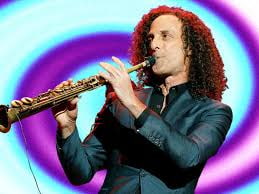
Kenny G, one of the most successful instrumental musicians of all time, is widely known for his contributions to jazz and smooth jazz. However, before becoming a musical icon, Kenny G. pursued a degree in accounting at the University of Washington. He was raised in Seattle and initially followed a more traditional career path by studying accounting and securing a degree.
While his natural talent for playing the saxophone was always present, his decision to study accounting shows his sensible side which shows that even artists can benefit from a grounded understanding of business.
Kenny G briefly worked in an accounting role after completing his graduation, but his true calling lay in music. He chose to pursue his passion, eventually releasing a debut album that launched him into the limelight.
However, Kenny G’s accounting background has played an important role in how he has managed his career. His deep understanding of financial principles helps him guide the business side of the music industry with a keen eye for contracts, royalties, and investments.
Throughout his career, Kenny G has managed his own label and production company which reflects his accounting expertise. He has made wise financial decisions that allowed him to invest in various business ventures outside of music. His success both in music and as a businessman exemplifies how an understanding of accounting can complement artistic talent.
While many focus on his musical accolades, it’s clear that Kenny G’s accounting skills have also played a crucial role in securing the long-term sustainability of his career and financial legacy.
Frank J. Wilson
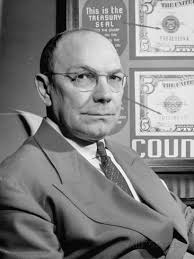
Frank J. Wilson had a significant impact behind the scenes in the entertainment industry. Wilson worked as an accountant before establishing his career as a financial consultant. His expertise in accounting helps him to gain valuable knowledge into the financial complexities that often arise in the world of show business.
Wilson transitioned from accounting to financial consulting and became a trusted advisor to many high-profile clients in the entertainment world. He became famous for managing the finances of celebrities and offering strategies for wealth preservation, investment, and tax management.
Wilson was particularly skilled at managing finances for entertainers who were worried about the complexities of financial management. He helped them avoid common pitfalls such as tax evasion, overspending, and poor investment decisions that many public figures may face when they suddenly acquire vast wealth.
Frank J. Wilson’s career stand out due to his dual understanding of accounting skills coupled with his deep knowledge of the entertainment industry. In an industry where financial mismanagement is common his work helped many artists to guide the financial difficulties that came with fame.
Wilson is recognizable for shaping the financial well-being of many successful entertainers and his work emphasizes the importance of accounting expertise in industries that require talent and financial discipline to ensure long-term success and sustainability. Wilson’s unique blend of accounting and consulting expertise made him a valuable figure in the entertainment sector.
John D. Rockefeller
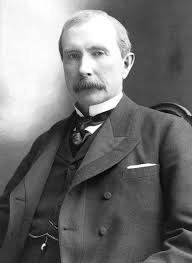
John D. Rockefeller is one of the wealthiest men in history and a key architect of modern capitalism who began his career as a bookkeeper. Rockefeller was born into modest circumstances, worked his way up through the ranks in the business world and begin with a job at a commission merchant firm where he handled the company’s financial records.
The early exposure to accounting and financial management provided Rockefeller with the tools he required later to build his oil empire, Standard Oil which would dominate the U.S. oil industry and transform American business practices.
Rockefeller’s understanding of accounting and bookkeeping proved invaluable in the early stages of his career. He applied these principles to the management of his own businesses which provides efficiency and profitability. His careful attention to detail honed during his time as an accountant which helped him in making intelligent business decisions that propelled his company forward.
For instance, when founding Standard Oil in the 1870s, Rockefeller implemented cost-cutting measures, financial planning, and resource management strategies that helped the company outpace competitors. As Standard Oil grew, Rockefeller’s ability to manage large financial operations through his accounting knowledge allowed him to consolidate and expand his empire.
Rockefeller made smart investments, negotiated favorable contracts, and reinvested profits into new ventures. His accounting skills were important in managing the vast operations of Standard Oil and the massive wealth he accumulated.
Though many focus on Rockefeller’s success was rooted in his early training in accounting along with his business prowess and philanthropy. His legacy is an evidence of foundational financial knowledge which can be helpful in building a successful empire, no matter how far removed one is from their original career path.
Thomas J. Pickard
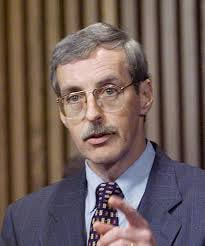
Thomas J. Pickard is another celebrity whose career took a significant turn from accounting to business. Pickard began as an accountant and later he transitioned into a financier and entrepreneur, carving out a name for himself in the world of corporate finance. His ability to understand complex financial matters was instrumental in his rise to success in business.
Pickard’s accounting background provided him with a strong foundation for analyzing financial reports, managing budgets, and understanding balance sheets which are critical for making informed investment decisions.
In the early stages of his career, he worked as an accountant and developed skills that would be helpful as he progressed into higher-level financial roles. Pickard used his knowledge of accounting over the time to shift from a traditional finance role into corporate investment and business development.
As a financier, Pickard became known for his ability to structure deals and investments that helped shape major companies. His deep understanding of financial management allowed him to work with both private and public firms that offer guidance on mergers, acquisitions, and corporate restructuring.
Pickard’s journey from accountant to financier highlights the versatility of an accounting education by demonstrating that the skills learned in accounting can be applied in many different areas of business.
Though less well-known to the public, Thomas J. Pickard’s success in the finance world emphasizes how an accounting background can provide the expertise needed to make better business decisions and build a successful career in corporate finance.
J. P. Morgan
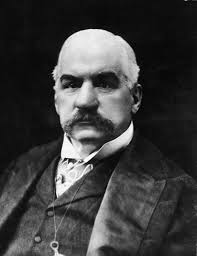
J.P. Morgan, the legendary American banker, financier, and philanthropist, is often remembered as one of the major figures who helped to shape the modern American economy.
Morgan’s career is interchangeable with high finance and industrial consolidation but few realize that his early education in commercial banking and accounting laid the groundwork for his remarkable success. JP Morgan was born into a wealthy and privilege family, and he studied at the Hermes School of Commercial Banking in Europe where he gained an in-depth understanding of financial management, accounting practices, and the complexities of banking.
Morgan’s financial understanding was evident from the start and his background in accounting played am important role in his ability to manage large-scale financial operations. He became known for his ability to handle corporate mergers, acquisitions and the creation of trust companies. Through his firm, J.P. Morgan & Co., he played a key role in forming the industrialization of America by financing the expansion of major companies such as U.S. Steel and General Electric.
Morgan’s accounting knowledge helped him manage the complex financial transactions involved in consolidating companies and securing investments. His ability to read financial statements and understand the complex balance sheets in details allowed him to make informed decisions which significantly impacted the American economy. He was also instrumental in stabilizing the financial system during periods of economic panic by using his knowledge to broker deals that managed the markets.
J.P. Morgan’s legacy as a financial titan is built on his sharp mind and solid grounding in accounting which allowed him to master the art of financial management. His influence on banking and finance continues to be felt till today’s time and his early studies in accounting remain a key factor in his extraordinary achievements.
